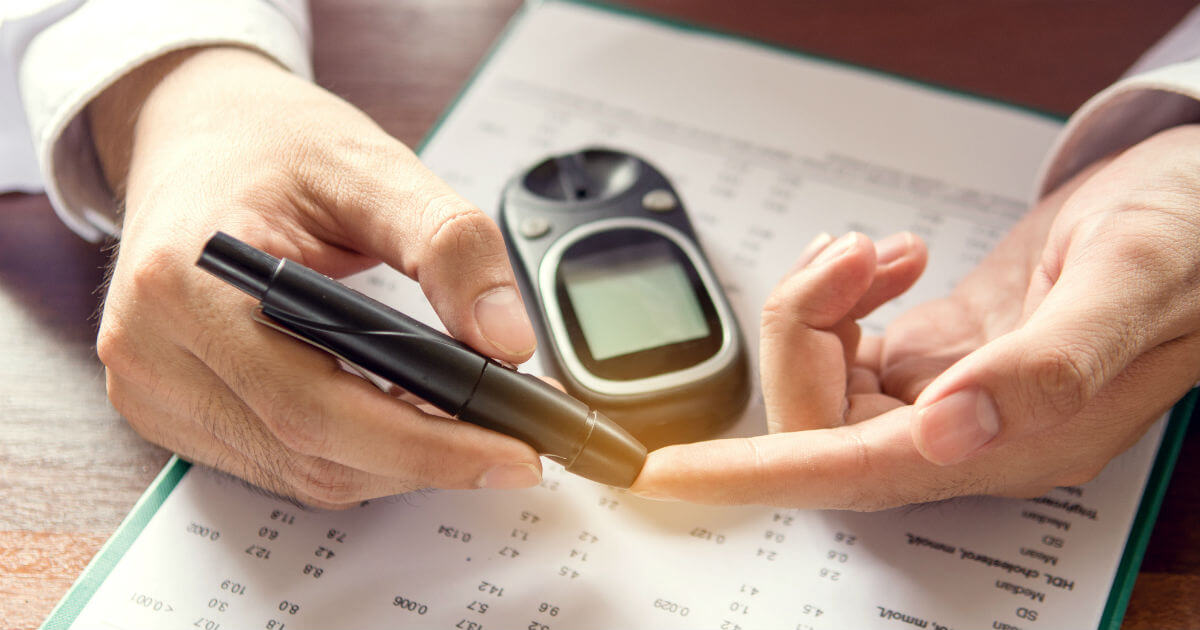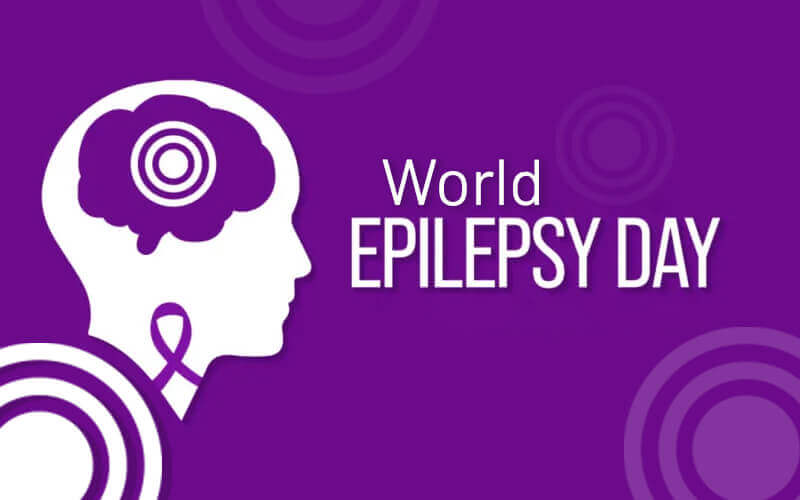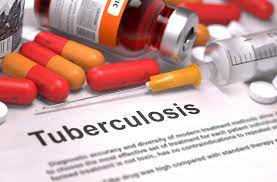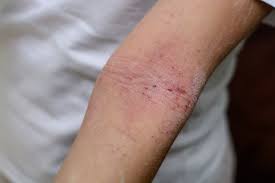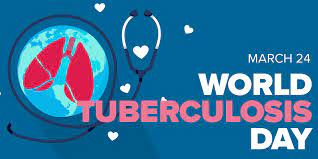Ambulances may pose bacterial infection risk:study
Tue 27 Sep 2016, 11:24:02
Ambulances can be a source of disease-causing microorganisms that can be transmitted to patients or healthcare personnel, a new study has found.Researchers spotted shortcomings in the procedures designed to reduce harmful bacterial contamination of the medical vehicles, which could affect patients.
These pathogenic organisms are sometimes resistant to a whole host of drugs; and the hands are the main cause of transmission. Researchers from the University of the Basque Country (UPV/EHU) in Spain carried out a cross-sectional study to analyse microbe or bacteria contamination in ambulances.
The samples were collected in July 2012 in 10 of the 17 basic life support ambulances serving in Spain. The medical vehicles had been called out on average 225 times during the 30 days previous to the microbiological study.The team used blind masking techniques so as not to alter the usual conditions of the vehicles and prevent possible biases in the sample collecting, analysis and interpretation, researchers said.
During the sample gathering, not one of the ten emergency units was found to have a wash basin (although it is not obligatory) for washing hands, although eight of them were carrying a hydroalcoholic gel as a substitute for soap and water, the research found.
Researchers said that the units did not have any written protocol regarding the way the
ambulance should be cleaned and disinfected. "The existence of a protocol is desirable because it facilitates the carrying out of proper disinfection by stipulating in detail the steps to be taken," said lead researcher Guillermo Quindos from UPV/EHU.
ambulance should be cleaned and disinfected. "The existence of a protocol is desirable because it facilitates the carrying out of proper disinfection by stipulating in detail the steps to be taken," said lead researcher Guillermo Quindos from UPV/EHU.
Six spots were analysed in each ambulance, two in the driver's cab and four in the patient area. In 73 per cent of the 60 samples taken there was a greater presence of microbes on the steering wheel, on the inside handle of the passenger door and on the stretcher handles.
These data suggest that cross contamination exists between the patient area and the driver's cab caused by inappropriate habits such as, for example, driving with gloved hands after providing assistance or failure to wash one's hands."Among the people working in healthcare the hand washing habit is poor and it would be necessary to build awareness about the importance of this hygiene measure to prevent microbial contamination," said Quindos.
Researchers detected existence of aggressive infectious bacteria which point to the possibility of cross contamination between the interior and exterior space of the hospital through the transfers carried out using ambulances.
These agents are responsible for hospital infections especially in sick people, they said.
The research appears in the American Journal of Infection Control.
No Comments For This Post, Be first to write a Comment.
Most viewed from Health
AIMIM News
Latest Urdu News
Most Viewed
May 26, 2020
Do you think Canada-India relations will improve under New PM Mark Carney?
Latest Videos View All
Like Us
Home
About Us
Advertise With Us
All Polls
Epaper Archives
Privacy Policy
Contact Us
Download Etemaad App
© 2025 Etemaad Daily News, All Rights Reserved.

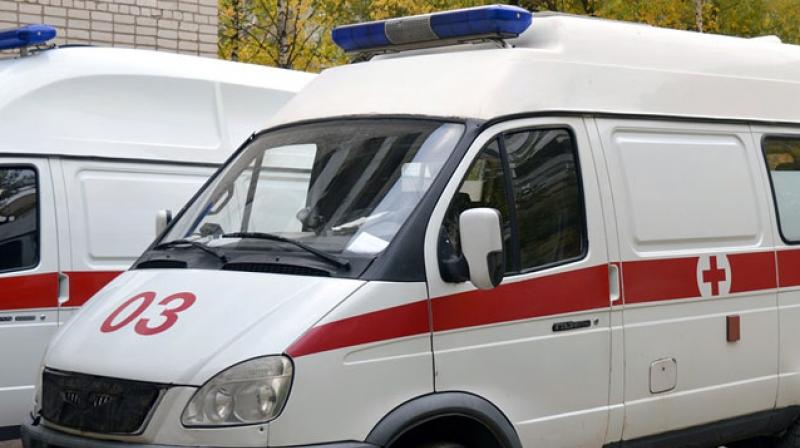
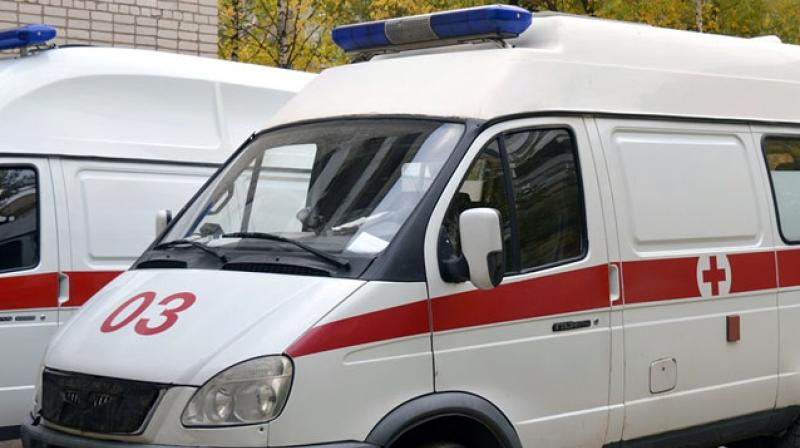

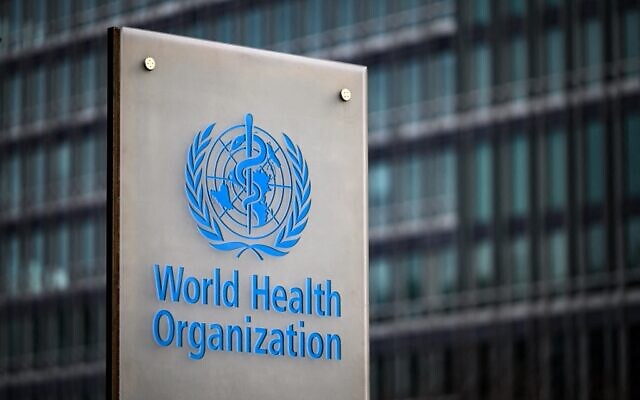

.jpg)
